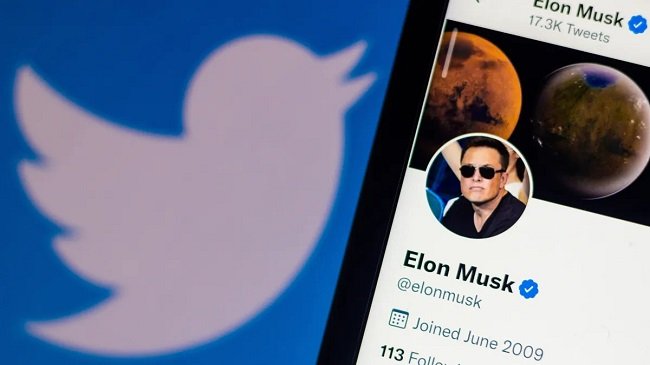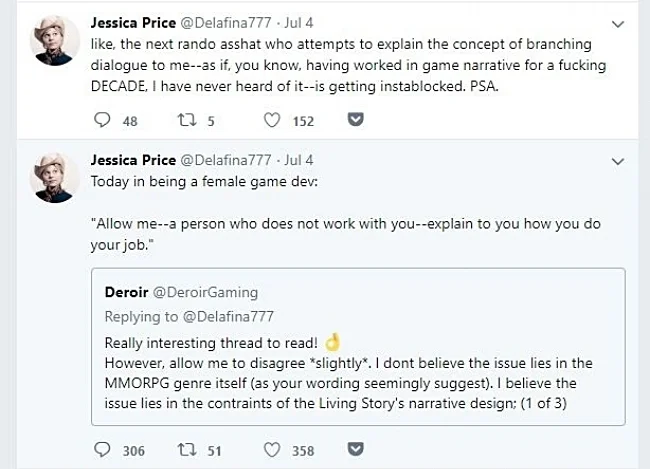Why I'm Not Leaving Twitter
A lot of people seem to be concerned about Elon Musk buying Twitter. Apparently the billionaire, who describes himself as a “free speech absolutist”, considers the social media platform to be a “digital town square where matters vital to the future of humanity are debated”. Really? I’ve obviously missed all that, unless it’s being done through the use of cat videos. Setting aside Musk’s penchant for hyperbole, legitimate concerns have been raised by various Human Rights groups regarding the new owner’s intent to reduce moderation on Twitter. Also will previously suspended accounts be reactivated? Hence, even in my quiet backwater of Twitter, I’ve seen several discussions about whether people should leave and a lot of concern for what is to come in the weeks and months ahead.
For starters, let’s address some of the pachyderms that accompany this situation. Elon Musk is a “curious” character. His perception and personal experience of the nature of free speech will most certainly be different to ours, due to his wealth and power. Remember his “pedo guy” comments? He’s also a thin skinned individual who has often gone after journalists who are critical of him. So I don’t place any credence upon his claim to be a “free speech absolutist”. He’s a businessman and I therefore see his acquisition of Twitter as being a means to an end either for him directly or his peer group. Twitter may or may not be the “town square” that he claims it to be but it certainly is an immense source of useful information, from a corporate perspective. It is also a tool that not only reflects opinion but can potentially be used to shape it. That makes it important.
So what happens next? Is Twitter going to become even more of a Wild West under Elon Musk’s watch? Maybe. Maybe not. He does claim to have other aspirations for the platform and not all of them appear bad. I certainly would favour a clampdown on “bot” accounts. However, if people leave preemptively, especially those from minority groups or with specific political leanings, then that decline that everyone fears will be accelerated. Sometimes, conceding ground is a sound strategy but I don’t believe that is the case in this instance. You don’t counter opposing ideologies by ignoring them or dismissing them. You meet them head on and your arguments stand or fall on their merits. Education is a slow process at times. Retreating won’t achieve any of that. “The line must be drawn here! This far, no further!” if you want a motivational Star Trek quote to validate the argument.
I am fully aware that Twitter can be an utter cesspool at times. But broadly speaking that is not my own personal, daily experience. This is due to the fact that I control what does and doesn’t appear in my timeline. I often get the impression that a lot of people are using the default Twitter client and are not curating their timeline as well as they should. I expect Twitter to make some effort with regard to moderation and sanction when rules are broken but I also think it is incumbent on me to take an active role in managing what I am exposed to. Although I expect the local council to keep the streets clean, I still pay attention as to where I walk. If I step on a dog turd due to my own inattentiveness, that’s on me. Therefore, mute keywords and block users accordingly. It makes a surprising difference to your overall Twitter experience.
If you want a life that is totally devoid of risk, unpleasantness, upset and controversy then perhaps the best policy is to eschew all forms of social media. You may also wish to stay at home, avoid all family and personal relationships and any other form of direct human interaction. I’m not opposed to the concept of “safe spaces” but some mediums simply do not lend themselves to being one. Twitter is one example. Like a swimming pool, someone is always going to piss in it. Therefore, the most you can do is manage your own virtual borders and regularly curate your Twitter timeline. If done wisely your experience online can be very rewarding. Twitter will never be perfect, as it involves people who are by default “flawed”. As to how the platform performs under its new owner’s stewardship, perhaps a “wait and see approach” is appropriate. In the meantime, do what you can to protect yourself and focus on the positive aspects the platform provides.









